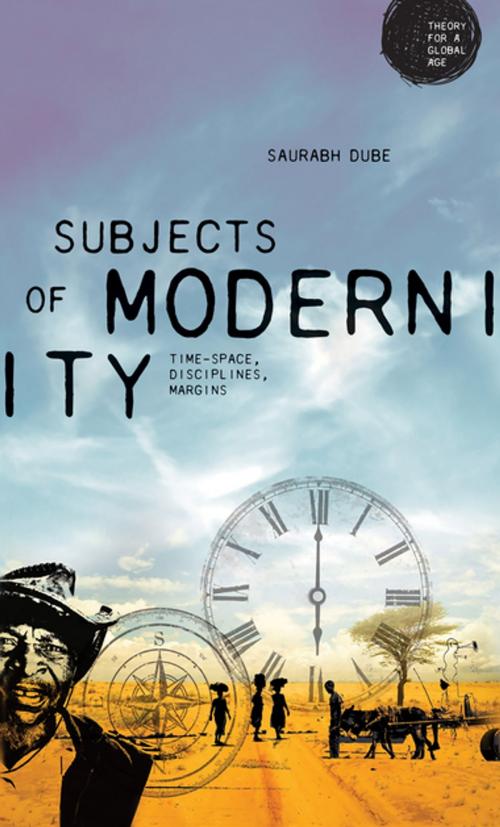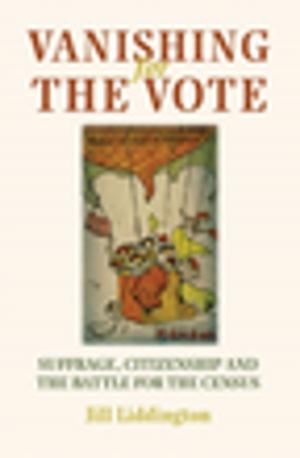Subjects of modernity
Time-space, disciplines, margins
Nonfiction, Social & Cultural Studies, Political Science, Politics, History & Theory, Social Science, Anthropology, Sociology| Author: | Saurabh Dube | ISBN: | 9781526105127 |
| Publisher: | Manchester University Press | Publication: | January 11, 2017 |
| Imprint: | Manchester University Press | Language: | English |
| Author: | Saurabh Dube |
| ISBN: | 9781526105127 |
| Publisher: | Manchester University Press |
| Publication: | January 11, 2017 |
| Imprint: | Manchester University Press |
| Language: | English |
This book thinks through modernity and its representations by exploring critical considerations of time and space. Drawing on anthropology, history and social theory, it investigates the oppositions and enchantments, the contradictions and contentions, and the identities and ambivalences spawned under modernity. Crucially, it understands these antinomies not as errors, but as constitutive elements of modern worlds. The book questions routine portrayals of homogeneous time and antinomian blueprints of cultural space, while acknowledging the production of time and space by social subjects. Instead of assuming a straightforward, singular trajectory for the phenomena, it views modernity as involving checkered, contingent and contended processes of meaning and power, which have found heterogeneous historical elaborations over the past five centuries. Bringing together past and present, theory and narrative, it sows the historical, ethnographic and methodological deep into its critical procedures, offering an innovative understanding of cultural identities and imaginatively exploring the relationship between history and anthropology.
This book thinks through modernity and its representations by exploring critical considerations of time and space. Drawing on anthropology, history and social theory, it investigates the oppositions and enchantments, the contradictions and contentions, and the identities and ambivalences spawned under modernity. Crucially, it understands these antinomies not as errors, but as constitutive elements of modern worlds. The book questions routine portrayals of homogeneous time and antinomian blueprints of cultural space, while acknowledging the production of time and space by social subjects. Instead of assuming a straightforward, singular trajectory for the phenomena, it views modernity as involving checkered, contingent and contended processes of meaning and power, which have found heterogeneous historical elaborations over the past five centuries. Bringing together past and present, theory and narrative, it sows the historical, ethnographic and methodological deep into its critical procedures, offering an innovative understanding of cultural identities and imaginatively exploring the relationship between history and anthropology.















